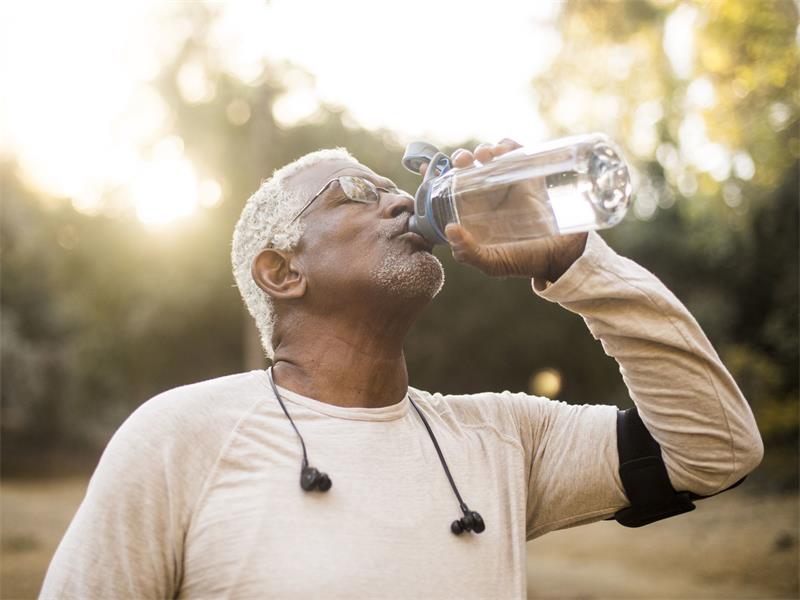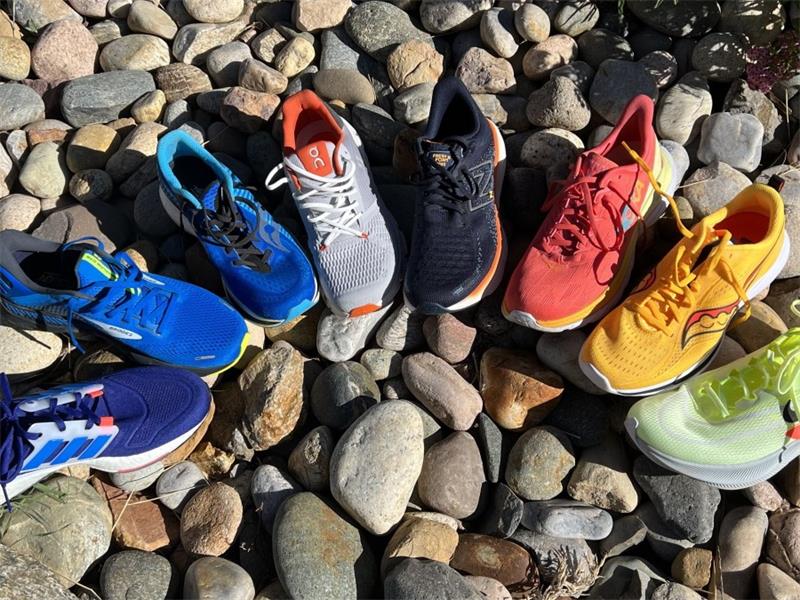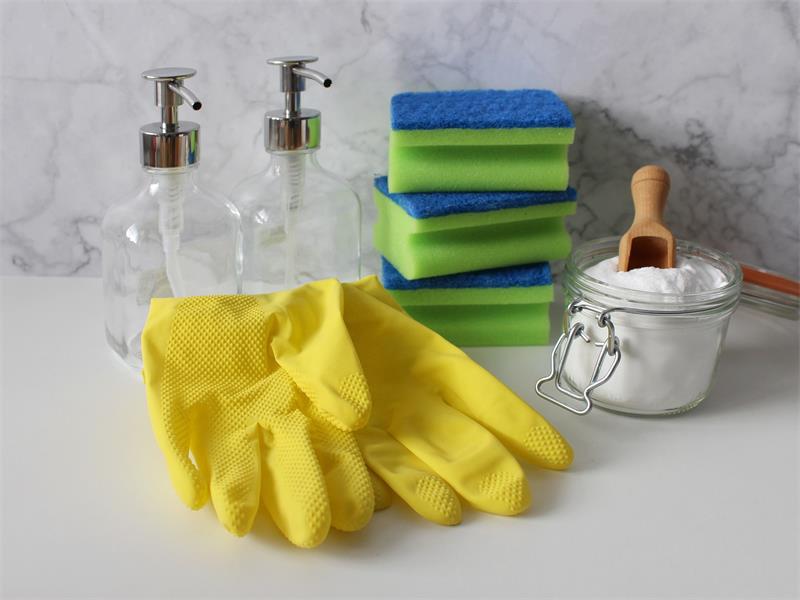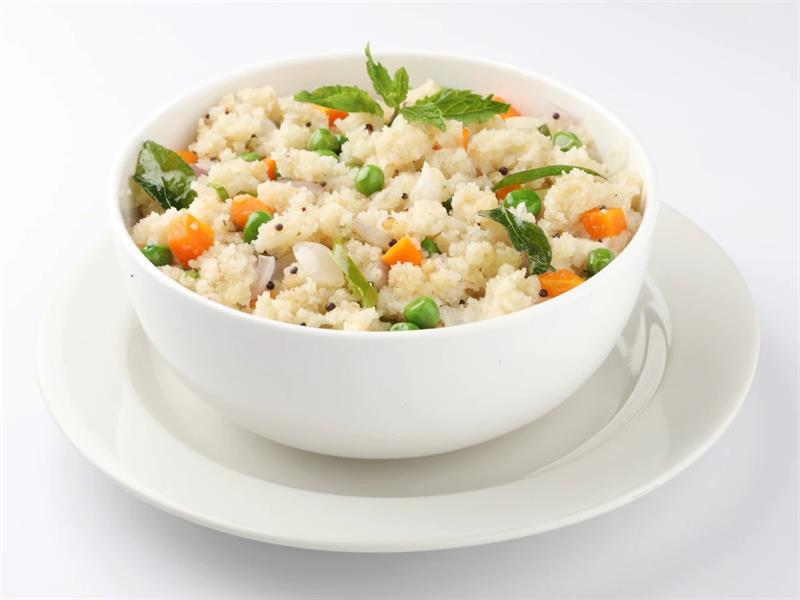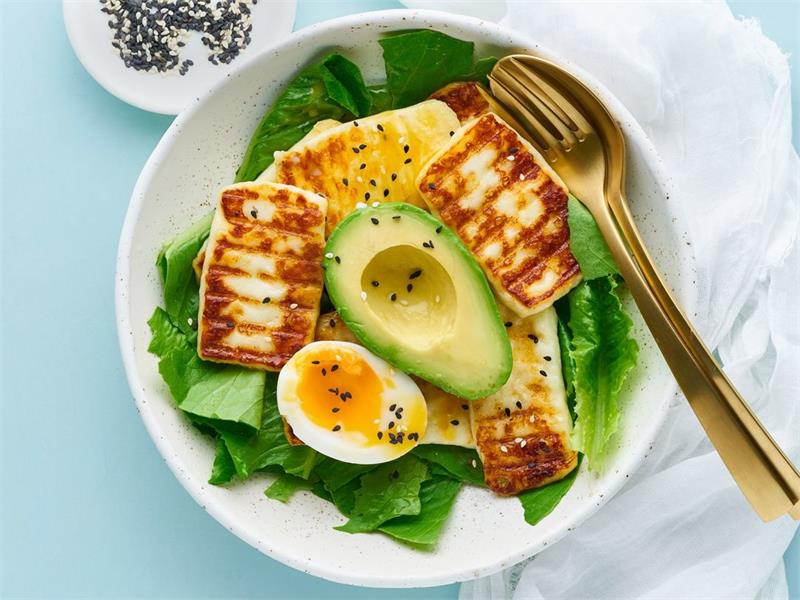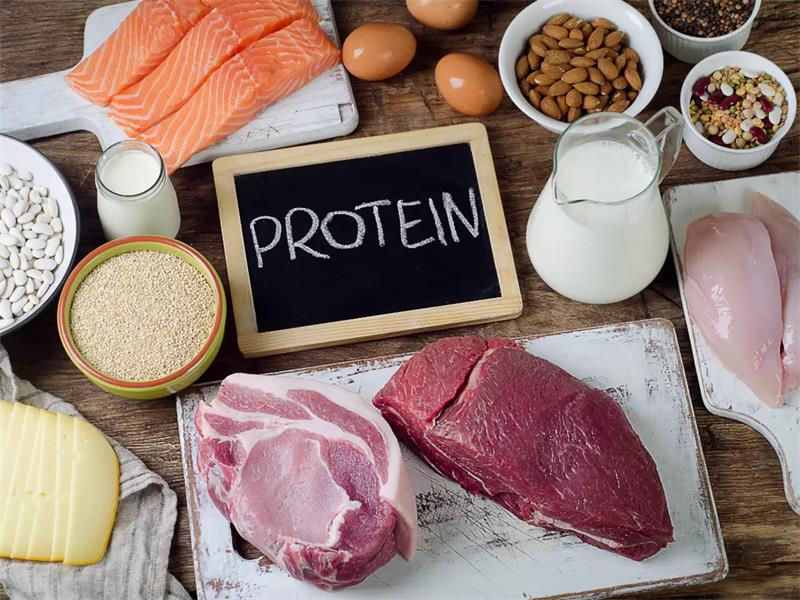Contents
The Importance of Hydration for Optimal Health
Why is Hydration Important?
Water is essential for life. It makes up about 60% of our body weight and is involved in nearly every bodily function, including regulating body temperature, transporting nutrients, and removing waste.
Hydration, or the process of providing adequate water to the body, is critical for maintaining optimal health. When we are dehydrated, our bodies cannot function properly.
Even mild dehydration can cause headaches, fatigue, and difficulty concentrating. In more severe cases, dehydration can lead to heat exhaustion or heat stroke.
One common misconception about hydration is that it’s only important during exercise or hot weather. However, staying hydrated is crucial for overall health regardless of activity level or climate.
What Exactly is Hydration?
Hydration refers to the process of replenishing fluids in the body to maintain a healthy balance of water and electrolytes. Electrolytes are minerals such as sodium and potassium that help regulate fluid balance in the body. While most people associate hydration with drinking water (which is certainly important), there are many other ways to stay hydrated.
Food also contains water (fruits and vegetables being some examples), so eating a balanced diet can contribute to hydration levels as well. It’s important to note that not all drinks are equally hydrating.
Alcoholic beverages and those high in caffeine (such as coffee or energy drinks) can actually dehydrate the body due to their diuretic effects. Hydration involves providing your body with enough fluids and electrolytes to maintain proper function throughout the day – no matter what you might be doing!
Benefits of Hydration
Improved Physical Performance
When our bodies are properly hydrated, we are able to perform physical activities with more ease and efficiency. This is because water helps to lubricate our joints and muscles, allowing for smoother movements and less strain on our bodies. Studies have also shown that dehydration can lead to a decrease in endurance and strength during exercise, so staying hydrated is key for athletes or anyone looking to improve their physical performance.
Better Digestion and Metabolism
Drinking enough water helps keep our digestive system running smoothly. Water aids in the digestion of food and the absorption of nutrients, while also helping to prevent constipation and other digestive issues.
Additionally, staying hydrated can boost metabolism by increasing energy expenditure. This means that drinking enough water could actually help you burn more calories throughout the day.
Clearer Skin and Healthier Hair
Drinking enough water can also have external benefits, including clearer skin and healthier hair. When we’re dehydrated, our skin can become dry, flaky, or even acne-prone.
However, when we drink enough water, it helps to flush out toxins from our bodies that can contribute to skin issues. Similarly, staying properly hydrated promotes healthy hair growth by providing the necessary moisture for the scalp.
Enhanced Brain Function and Mood
Our brains rely on proper hydration to function at their best. Even mild dehydration can lead to decreased cognitive performance, including difficulties with memory retention or focus.
On the other hand, being well-hydrated can help us feel more alert and even improve our mood overall. So rather than reaching for a sugary energy drink when feeling sluggish or unfocused at work/school/anywhere else., try drinking a cold glass of water instead!
Signs of Dehydration
Dehydration occurs when your body loses more water than it takes in. This can lead to a host of problems that can negatively impact your health.
Therefore, it’s important to recognize the signs of dehydration so you can take action before the situation gets worse. Here are some common signs to look out for:
Thirst
One of the most obvious signs that you might be dehydrated is feeling thirsty. This happens because thirst is your body’s way of telling you that it needs more water. If you’re thirsty, it’s important to drink enough water to quench your thirst and then continue drinking water throughout the day.
Dark Urine
Another sign that you might be dehydrated is dark urine. When you’re properly hydrated, your urine should be a pale yellow color.
However, if you’re not drinking enough water, your urine may become darker in color and have a strong odor. This is because when you’re dehydrated, your kidneys retain fluid in order to maintain bodily functions.
Fatigue and Headache
Dehydration can also cause fatigue and headaches. When there isn’t enough fluid in your body to carry nutrients and oxygen to cells, it can lead to feelings of tiredness or exhaustion. Moreover, dehydration reduces blood volume which leads to reduced oxygen flow reaching the brain resulting in headaches.
Overall, recognizing these symptoms early on helps prevent severe dehydration which could require medical attention. It’s essential that we pay attention to our bodies signals and keep ourselves well-hydrated by drinking plenty of fluids throughout the day, especially during hot weather or after exercising strenuously.
How Much Water Should You Drink?
General Guidelines for Daily Water Intake
We’ve all heard the recommendation to drink eight 8-ounce glasses of water a day (also known as the “8×8” rule). While this guideline is a good starting point, it may not be enough for everyone.
The Institute of Medicine recommends that men aim for about 3.7 liters (or about 13 cups) of total daily water intake and women aim for about 2.7 liters (or about 9 cups). However, these recommendations are just general guidelines and can vary depending on a few factors.
Factors That Affect How Much Water You Need
1. Activity level: If you’re physically active or live in a hot climate, you’ll need to drink more water to replace fluids lost through sweating. 2. Body size: Larger people generally need more water than smaller people. 3. Overall health: Certain health conditions, such as kidney disease or heart failure, may require you to limit your fluid intake.
4. Pregnancy or breastfeeding: Women who are pregnant or breastfeeding have higher fluid needs than those who are not. 5. Diet: A diet high in sodium can increase your need for water to help flush out excess salt from your body.
It’s also important to note that thirst is not always an accurate indicator of hydration status. By the time you feel thirsty, you may already be slightly dehydrated.
Therefore, it’s a good idea to drink water regularly throughout the day, even if you don’t feel thirsty. Overall, while there isn’t a one-size-fits-all answer when it comes to how much water you should drink each day, following general guidelines and paying attention to your body’s signals can help ensure that you’re staying properly hydrated.
Other Sources of Hydration
Foods that contain high amounts of water
Water is the best source of hydration, but did you know that many fruits and vegetables are also loaded with water? Eating these foods can help you stay hydrated while providing important nutrients.
For example, cucumbers are made up of about 96% water, making them an excellent choice for hydration. Other high-water-content fruits and veggies include watermelon, oranges, grapefruit, celery, strawberries, and lettuce.
In addition to being hydrating, these foods tend to be low in calories and high in fiber which provides extra benefits for overall health. Plus they’re easy to add to your diet – try adding some sliced cucumber or strawberries to your water bottle for a refreshing twist!
Beverages other than water that can contribute to hydration
While nothing beats a glass of H2O when it comes to staying hydrated, there are other beverages you can consume that will help you reach your daily hydration goals. Milk is a good option because it contains both water and electrolytes like potassium which helps regulate fluid balance in the body.
Another beverage category that contributes greatly towards hydration is tea! Green tea has been shown to improve blood flow and lower cholesterol levels while also keeping you hydrated.
It’s important to note though that not all drinks contribute equally towards hydration: caffeinated drinks like coffee or soda may actually cause dehydration if consumed in excess amounts due to their natural diuretic properties. So focus on getting the majority of your liquids from plain ol’ H20 but incorporating milk or tea as part of your daily routine can be beneficial not only for hydrating purposes but also for the overall health benefits they provide.
Tips for Staying Hydrated
Keep a refillable water bottle with you at all times
One of the easiest ways to stay hydrated throughout the day is by carrying a refillable water bottle with you wherever you go. This way, you can have access to water whenever you need it, and you can avoid having to buy single-use plastic bottles.
Refillable bottles are an eco-friendly option that can help reduce waste and save money. There are many different types of refillable water bottles available, ranging from basic plastic models to more advanced stainless steel or glass options.
Consider choosing a bottle with a built-in straw or flip-top lid for easy sipping on the go. Also, choose a size that works best for your needs – if you’re someone who drinks a lot of water, opt for a larger size so that you don’t have to refill as often.
Set reminders to drink water throughout the day
If you’re someone who tends to forget about drinking water during the day, consider setting reminders or alarms on your phone. This will help remind you to drink regularly throughout the day without having to constantly check your watch or clock.
You could also try using an app that tracks your daily water intake and sends reminders when it’s time to hydrate. Many of these apps also allow you to set goals and track progress over time, which can be motivating.
Flavor your water with fruits or herbs to make it more enjoyable
If plain old water doesn’t excite your taste buds, try adding some flavor by infusing it with fruits or herbs. Simply slice up some fresh fruit (like lemons or strawberries) or add in some fresh herbs (like mint or basil) and let them sit in the fridge overnight.
Another option is using flavored electrolyte tablets like Nuun (which are low in sugar and calories) to add a little extra taste to your water. This can be particularly helpful during intense workouts or hot days when you need some extra hydration.
By following these simple tips, you can easily incorporate more water into your daily routine and stay hydrated throughout the day. Remember, drinking enough water is essential for optimal health, so don’t neglect this important aspect of self-care.
Conclusion
Throughout this article, we’ve explored the many benefits of staying hydrated for optimal health. From improved physical performance to enhanced brain function, hydration is a critical component of overall wellness.
With so many factors that can lead to dehydration, it’s essential to prioritize drinking enough water and consuming hydrating foods and beverages in your daily routine. Remember that even mild dehydration can lead to negative effects on your body and mind, so don’t wait until you feel thirsty to drink water.
Set reminders throughout the day or carry a refillable water bottle with you everywhere you go. If you struggle with the taste of plain water, try infusing it with fruits or herbs for a refreshing and flavorful twist.
By making hydration a priority in your life, you’ll start to notice improvements in your physical and mental well-being. So take care of yourself by staying hydrated – your body will thank you!

